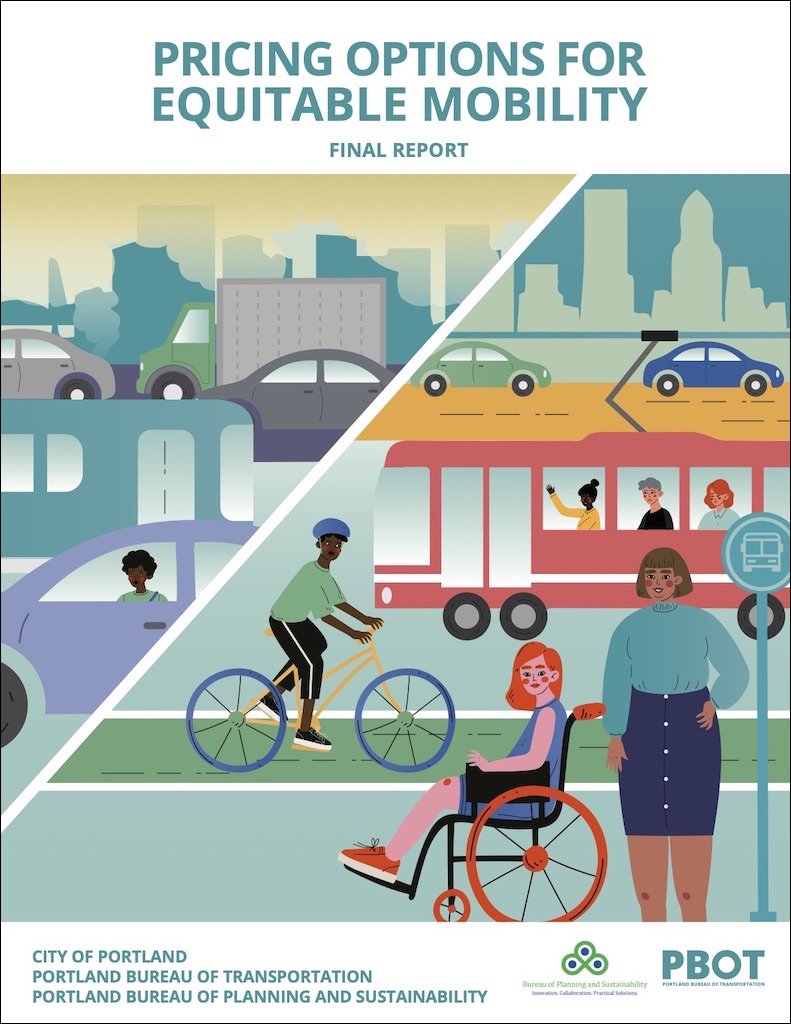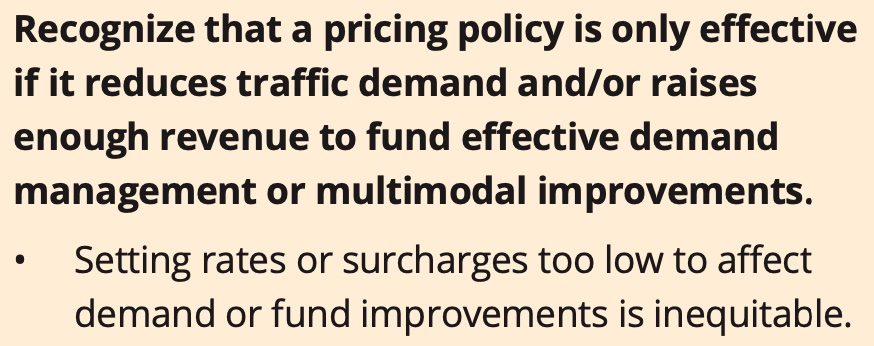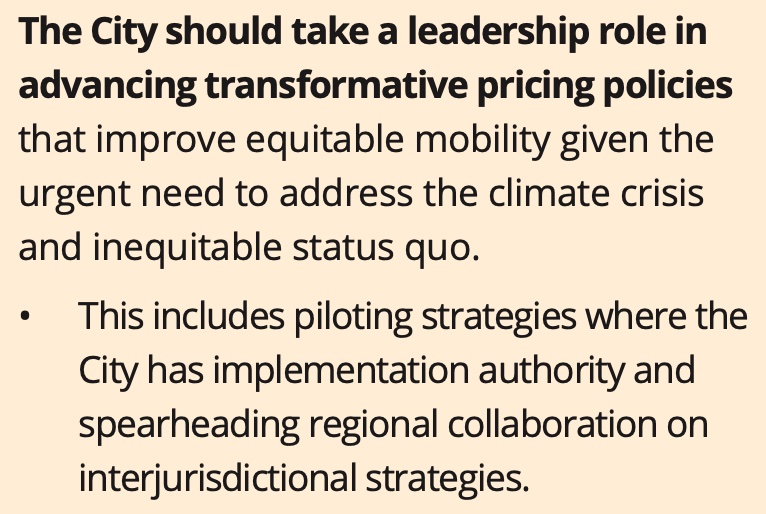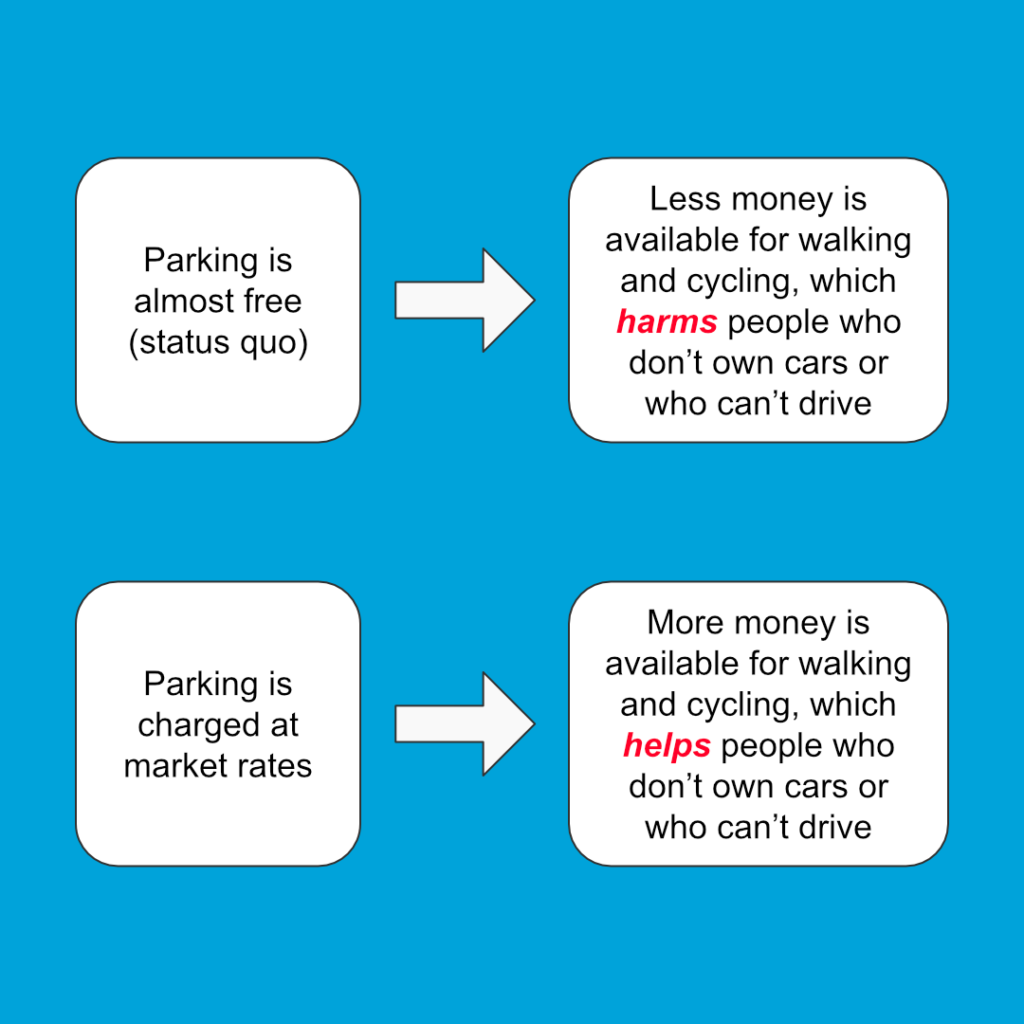Let’s build an ethical and equitable city
The human suffering caused by road crashes is ethically unacceptable. That is why public authorities and partners in civil society have set themselves the goal of preventing every victim in traffic.
Netherlands Road Safety Strategic Plan 2030
Ethics means designing streets to be safe
Professional engineers are meant to abide by a code of ethics, which include a focus on safety:
Uphold the safety, health and well being of the community
professionalengineers.org.au
Practise engineering to foster the health, safety and wellbeing of the community and the environment
engineersaustralia.org.au/ethics
Engineers have successfully reduced deaths and serious injuries in workplaces by conducting risk assessments and then designing out hazards. The process leverages our ability to foresee injuries. The success of Vision Zero programs in other countries clearly shows that these engineering skills can be applied to our streets. In contrast, here in Yarra people are still being exposed to hazards that can kill or seriously injure; which suggests that our engineers (and those that allocate funds to them) are failing to use basic ethics to reduce risk.
Transportation engineers are legally obligated to protect the public. It’s time to demand they do so.
Steffen Berr writing for Strong Towns
Ethics means using pricing to improve equity
In the USA, the City of Portland has concluded that pricing can improve equity:

Portland’s transportation system today is inequitable, contributes to the climate crisis, exacerbates poor health outcomes, costs our economy, and presents safety risks to users from traffic crashes and personal threats on our streets. There is an urgent need to improve the transportation system to address these challenges. Existing strategies are not making enough progress on any of these fronts and therefore require a stronger and more intersectional approach.
Pricing Options for Equitable Mobility



What Yarra can do
In Yarra, ethics means investing in:
- 30 km/h Low Traffic Neighbourhoods, with through-traffic diverted to VicRoads arterials,
- wider footpaths with raised threshold treatments and wombat crossings,
- protected bicycle lanes on arterials,
- protected intersections on arterials, and
- protected public transport stops;
funded by:
- demand responsive parking charges, and
- demand responsive driving charges, with
- exemptions and discounts for people on low incomes.
Ethics of parking charges
It’s ethical for the City of Yarra to charge market rates for on-street parking because:
- it would reduce the transfer of wealth from the poor to the wealthy, and
- it would help deliver better access for more people.
It turns out that virtually wherever you go, whether it’s a city, a company, a university, and you look at the statistics, it’s the same. You have very heavily subsidised parking, that subsidy goes only to the people who can afford a car, or who choose to own a car, and virtually always, the people who have a car have a lot more money than the people who get around by walking and biking and taking the bus. It’s absolutely a transfer of wealth from the poor to the wealthy, and it’s one of the biggest reasons to work on parking reform.
Patrick Siegman, speaking on Talking Headways Episode 195, time stamp 37:00
Our streets can’t fit an on-street car park for each person. If we don’t charge market rates for parking, our on-street parking bays will remain congested, which is bad for drivers on low incomes (and others). A better solution is to use demand responsive parking charges to ensure that one or two parking bays are generally always free on each block, so that driving and parking remains a workable option; and use the revenue to support viable alternatives including walking, cycling, public transport and car sharing.

When parking charges have successfully brought the demand for on-street parking back down into balance with supply, then we can begin to re-allocate space to other modes. It would enable Council to relocate parking bays for shoppers from directly on shopping streets to the first 5-10 bays on each side street, thus enabling the State Government to build protected bicycle lanes and level access tram stops. It would also raise revenue that can be invested in active transport. With effective, continuous networks for walking and cycling, the same amount of street space will enable more people to get around. For a more detailed discussion, consider this article:
The study concludes that the regressive effect of a market-rate residential parking benefit district should not be an impediment to implementing such a scheme because low-income permit purchasers can be subsidized with permit revenue from higher-income drivers in the district, resources from higher-income parking districts, or both. Additionally, revenues can be used to support transportation modes that particularly benefit all low-income residents.
Impact of Market-Rate Residential Parking Permit Fees on Low-Income Households
Overall, it’s better for everyone in Yarra (and more ethical) if:
- a small number of parking bays are always available on each block,
- access is managed using demand responsive pricing, and
- revenue is invested in infrastructure to support walking, cycling, public transport, and car sharing.
Ethics of road user charges
It’s ethical for the Victorian State Government to charge to drive on congested streets; and use the revenue to invest in walking, cycling, public transport and car sharing; because it would deliver more mobility for more people. It represents a transfer of wealth and mobility from people on high incomes (who dominate the cohort of people who drive) to people on lower incomes (who dominate the cohort of people who use walking, cycling, public transport and car sharing).
Our streets can’t fit a car for each person during peak hour. If we don’t impose decongestion charges, our streets will become gridlocked, which is bad for drivers and bad for business. A better solution is to use demand responsive driving charges to ensure traffic is always flowing (independent of the number of traffic lanes) and use the revenue to support viable alternatives including walking, cycling, public transport and car sharing.
When road user charges have successfully brought the demand for peak hour driving back down into balance with the supply of street space, we can begin to re-allocate space to other modes without risking regression back to gridlock. We can allocate space to wider footpaths, protected bicycle lanes, separated tram/bus lanes and protected public transport stops. These modes will deliver more mobility for more people. For a more detailed discussion, consider the detailed reports justifying demand responsive driving charges, or read this article:

Overall, it’s better for everyone in greater Melbourne (and more ethical) if:
- traffic keeps flowing,
- access to street space is managed using demand responsive pricing, and
- revenue is invested in infrastructure to support walking, cycling, public transport and car sharing.
How you can help
You can help by appearing on the Streets Alive Yarra website as a champion for your local street, neighbourhood, or school.
